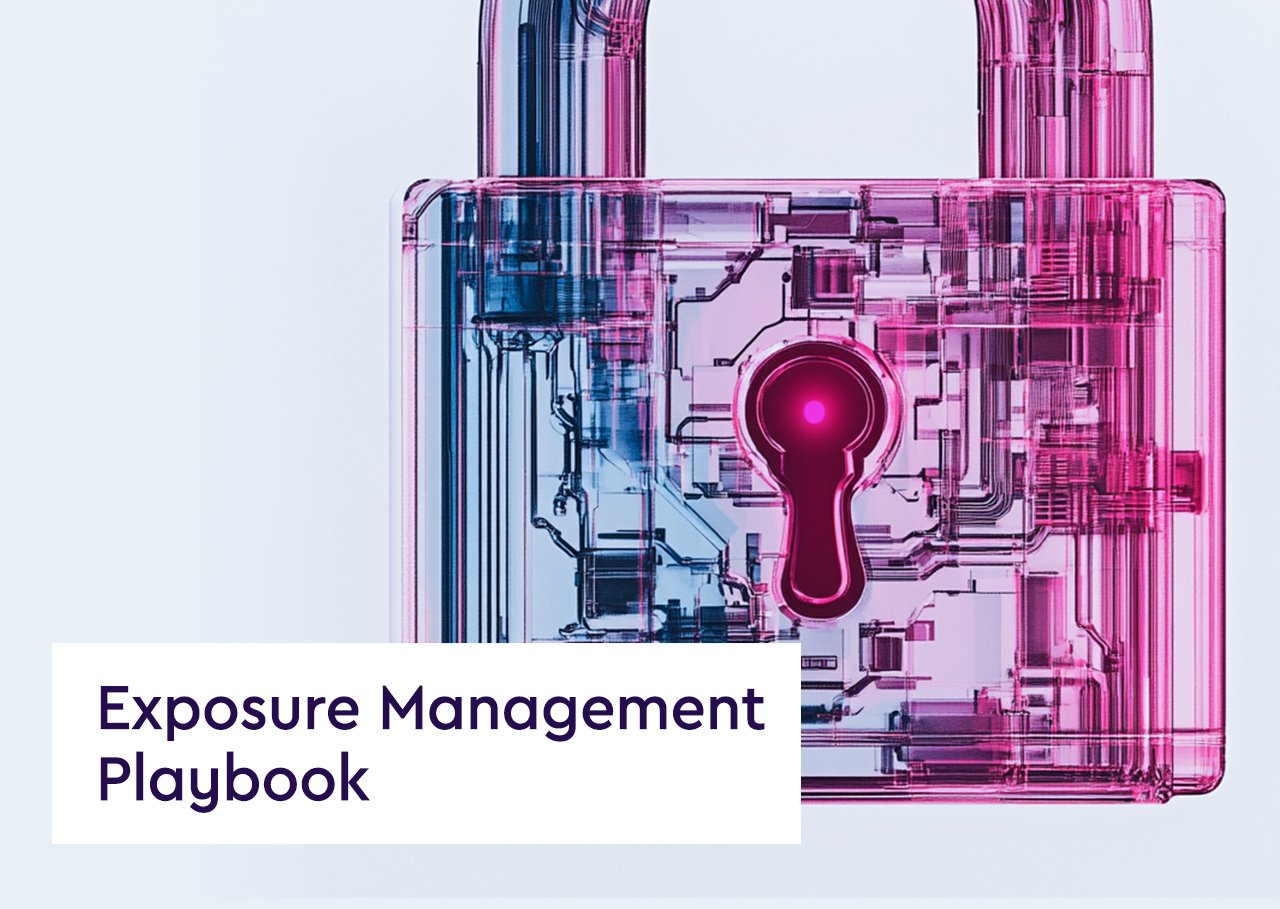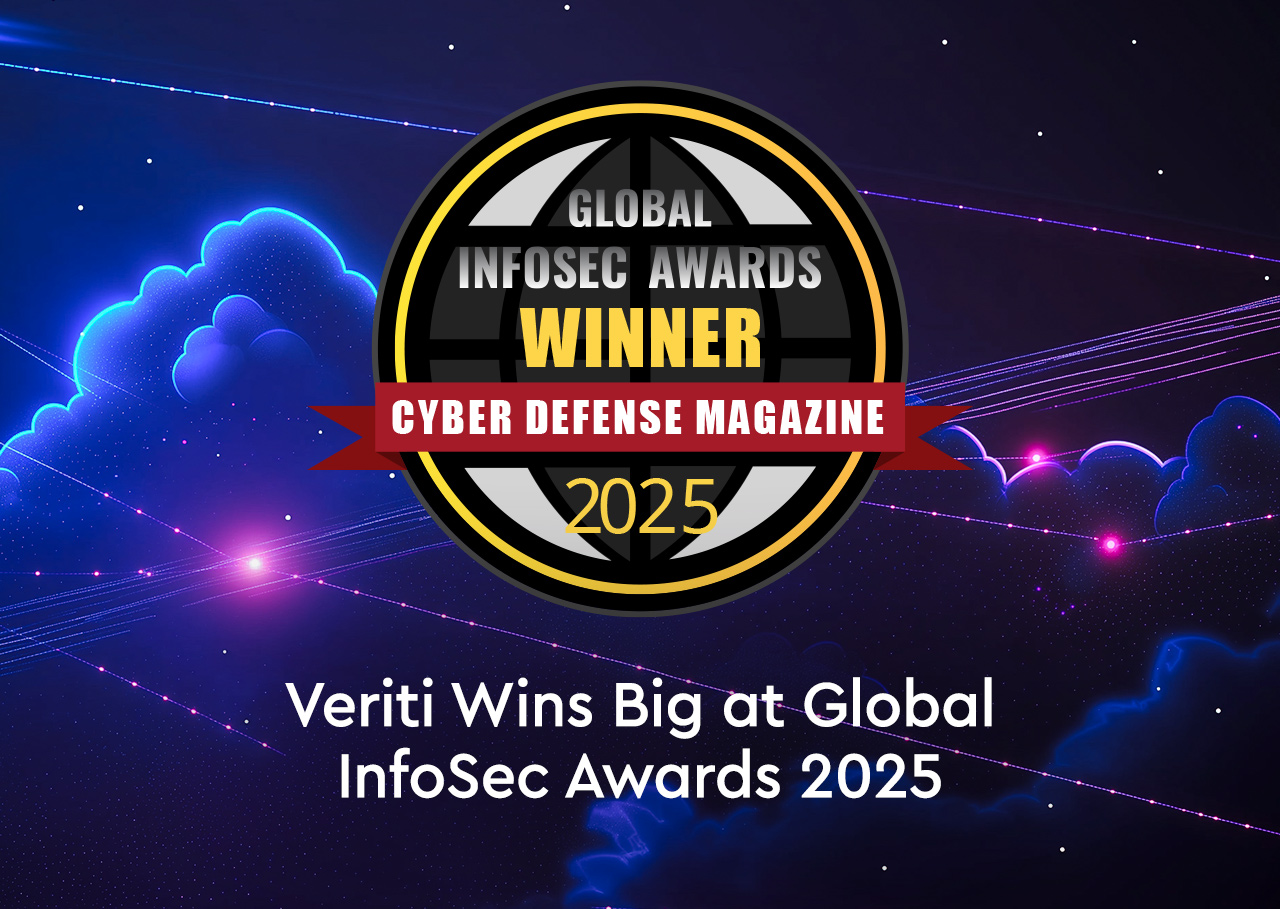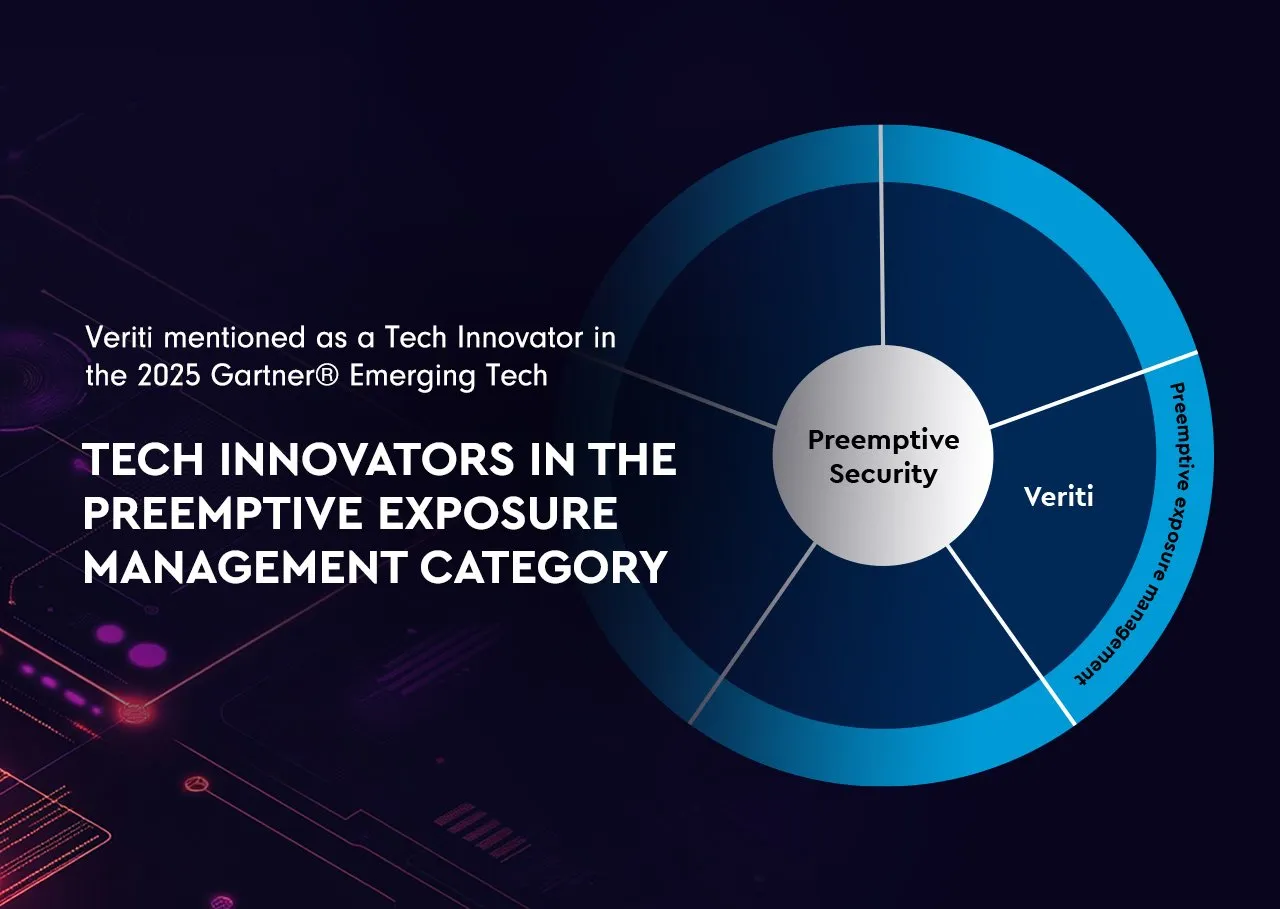Definition: A Virtual Private Network (VPN) is a technology that creates a safe and encrypted connection over a less secure network, such as the internet. VPN technology is widely used to secure data transmissions, provide remote access to private networks, and bypass geographic restrictions on internet content. IPsec VPN is a subset of VPN technologies that uses IPsec (Internet Protocol Security) protocols to ensure the secure exchange of packets at the IP layer.
Purpose of VPN and IPsec VPN:
- Data Encryption: VPNs encrypt data being transmitted over public networks, protecting the confidentiality and integrity of the data.
- Secure Remote Access: Allows employees and users to securely connect to corporate or home networks from remote locations.
- Enhanced Privacy: Helps maintain user privacy by hiding the user’s real IP address and encrypting internet traffic, which prevents tracking and data theft.
Key Components of VPNs:
- Encryption Protocols: Such as IPsec, OpenVPN, and Secure Socket Tunneling Protocol (SSTP), which secure data in transit.
- Tunneling Protocols: Establish the secure connection and ensure that data sent over the VPN is not accessible to unauthorized users.
- Authentication Methods: Include passwords, digital certificates, and two-factor authentication mechanisms to ensure that only authorized users can access the VPN.
Specifics of IPsec VPN:
- IPsec Protocols: Uses the Authentication Header (AH) and Encapsulating Security Payload (ESP) protocols to provide data security at the IP layer by authenticating and encrypting each IP packet of a communication session.
- Transport and Tunnel Modes: IPsec can operate in transport mode, where only the payload of the IP packet is encrypted, or in tunnel mode, where the entire IP packet is encrypted and then placed inside another packet.
- Key Exchange: Typically uses the Internet Key Exchange (IKE) protocol to manage key exchange for secure communications.
Applications of VPN and IPsec VPN:
- Corporate Security: Extensively used by enterprises to allow remote employees to connect securely to the company network.
- Secure Data Transfer: Used by individuals and organizations to securely transfer sensitive information over the internet.
- Network Scalability: Enables businesses to connect multiple fixed or mobile sites over a public network while maintaining secure communications.
Challenges in VPN and IPsec VPN Implementation:
- Complex Setup and Management: Especially for IPsec, which may require complex configuration and management.
- Performance Overhead: Encryption and tunneling can introduce latency and reduce throughput, affecting network performance.
- Security Vulnerabilities: Improper configuration can lead to vulnerabilities, making the VPN susceptible to attacks.
Best Practices for VPN and IPsec VPN:
- Strong Encryption Standards: Utilize robust encryption protocols and regularly update cryptographic practices.
- Continuous Monitoring: Implement monitoring tools to detect unauthorized access and anomalies in VPN traffic.
- Regular Updates and Patching: Keep VPN software and devices updated to protect against known vulnerabilities.
VPNs, particularly IPsec VPNs, provide essential security features for protecting data in transit over public or untrusted networks. By securely connecting remote sites and enabling encrypted communications, VPNs play a crucial role in modern cybersecurity architectures. Organizations and individuals should adhere to best practices and maintain vigilance to ensure the security and efficiency of their VPN connections.




